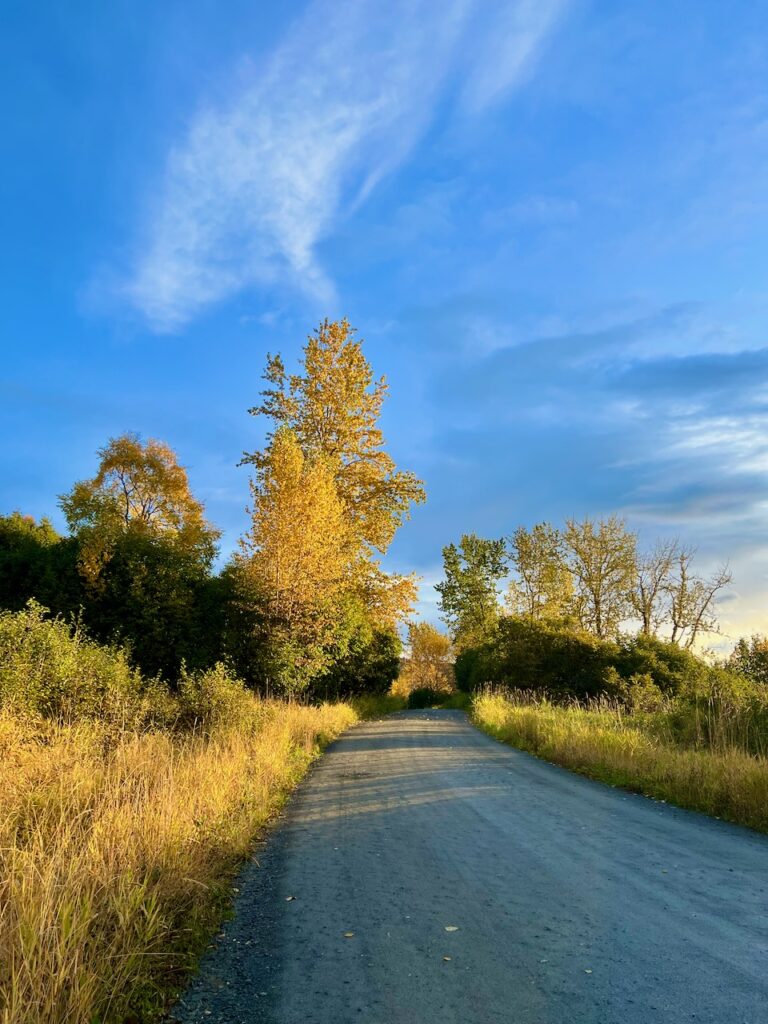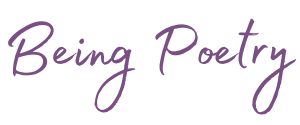
I’ve been thinking about how the poetry world has changed, is changing.
When I was in my early teens and began to be seriously interested in poetry, my only resource was a two-volume set of the Viking Book of Poetry of the English Speaking World. You can see my interest in the more contemporary works because the second volume is considerably more battered than the first. But when I say contemporary, that’s a stretch; Richard Wilbur is the youngest poet in the volume.
My attempts to find contemporary poetry in the bookstore at the local mall were futile. Nothing contemporary. I mean, my father, in a desperate attempt to help me, brought home a pastel covered Susan Polis Schutz book from the Hallmark store, but that wasn’t what I was looking for.
It wasn’t until I got to college that I found books by individual contemporary poets. They were expensive for a kid who was working at shoe stores or Pizza Hut to make ends meet to pay bills (luckily I had a scholarship that covered tuition). But I would still go downtown in Ithaca and check the used bookstores or the new section at the Bookery. I’d allow myself to buy one book every month or so. That was about what I had the money for after I’d bought textbooks and paid the other bills.
I left college with my English degree and some experience at harsh workshopping and revising poetry. I started teaching high school English. And slowly, slowly, writing poetry faded because who did I know who was writing? Who would I talk with? Who would I exchange work with? How would I find out, with my three different high school teaching gigs to support my then-husband’s nursing school, that there were exciting new books of poetry out?
In the late 90s, the internet saved me. Much maligned, sometimes for legitimate reasons, the internet saved me. I could find poetry books. I could read reviews. I could dip my toe into a burgeoning poetry culture without having to live in a big city. Fast forward nearly thirty years, it’s possible for me to be “social media friends” with extremely successful poets. I can watch their readings over Zoom. My low-residency MFA program gave me the opportunity to tap into a whole community of writers with whom I stay in touch via email and social media. The internet allows the far-flung writers of Alaska to celebrate our new Alaska State Writer, Vera Starbard, and support each other’s book launches.
But I will tell you that poetry desert of my childhood and 20s into my 30s, has left me far behind. Coupled with living in a beautiful, but completely off the writing circuit place and the fact that I am not part of academia, I have made my peace with the idea that my work will find its readers slowly. That publishing will be an uphill climb. That I will not be invited to teach at out-of-state conference or in-person readings. That I will gratefully spend my life nurturing other writers (especially Alaskan writers) in a way that I did not receive until I was in my forties.
But this is not for complaining, this is for celebrating! Next time you think of signing out of social media forever (which I have from the wicked platform that is now filled with horrible people), next time you want to complain about keeping up your Substack newsletter or your website, remember that these tools connect us in ways that weren’t possible except for those in academia or in big cities. Rejoice in all the weird little online eddies and nooks where writers gather. Take some time to lift up books you’ve read and authors you admire. Not just the famous ones, not just your real-life friends, but also the quirky poet whose work you ran into because someone else lifted it. Be part of that beautiful community that is growing larger and larger that you might not ever have known about except for that @#$! internet.
Be well, everyone. Enjoy the turning of the seasons!

Leave a Reply